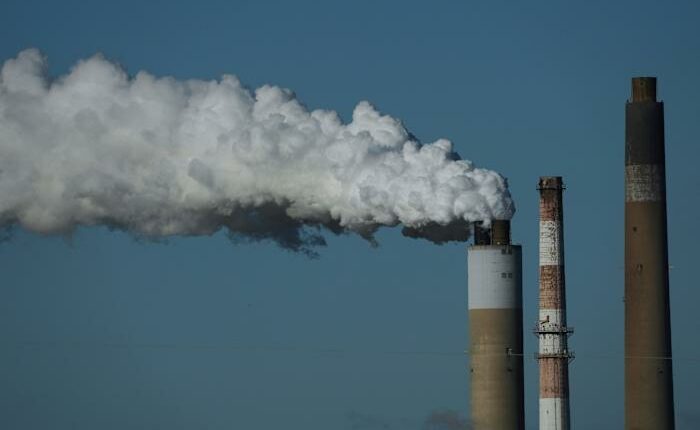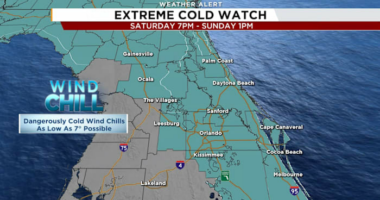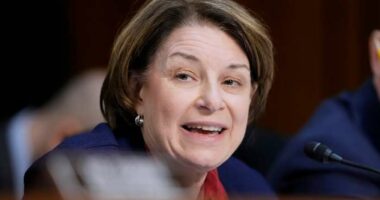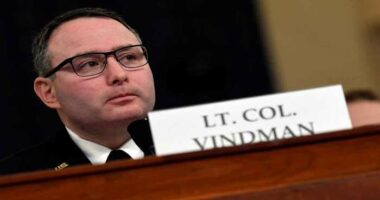Share this @internewscast.com
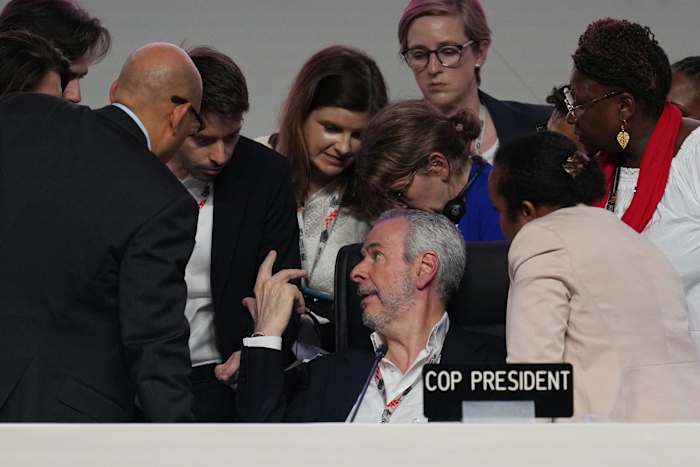
BELEM – The recent U.N. climate discussions held in the Amazon left many nations yearning for more substantial commitments, yet experts have identified both encouraging developments and significant concerns regarding the global effort to combat climate change.
Following the conclusion of COP30 in Belem, The Associated Press reached out to 17 experts encompassing diplomats, analysts, advocates, and scientists, to answer a straightforward question: What are the next steps after these talks?
“We are leaving this conference with a very clear message that we have entered the era of implementation,” stated Simon Stiell, the U.N. Climate Executive Secretary. “Going forward, it’s about taking action and getting to work. It’s about rolling up our sleeves.”
However, a major setback was the failure to present a definitive plan to phase out coal, oil, and gas, which are the primary contributors to global warming. Although Brazil’s president and more than 80 nations publicly supported the initiative, it faced strong opposition from powerful players.
Panama’s climate negotiator, Juan Carlos Monterrey Gómez, expressed his disappointment: “This should have been a pivotal moment. Hosting a COP in the Amazon, with a president advocating for a fossil fuel transition roadmap, and scientific evidence demanding urgent action, yet the world hesitated once more. The upcoming year will be tougher on communities and ecosystems as the impacts will worsen because emissions are not decreasing.”
Despite the challenges, there are specific aspects of the agreement that provide a foundation to build upon in future efforts.
Stiell pointed to seven different paragraphs in the agreements from Belem that could spur action for reduced greenhouse gas emissions and fewer fossil fuels. The COP presidency highlighted 117 “action agenda” items mostly for business to put pledges into real-life action.
That agenda includes a promise of $1 trillion for improving energy grids and infrastructure; ramping up the production of biofuels; industrial decarbonization plans in developing countries; $5.5 billion toward a fund to pay countries to keep their forests standing; and other pledges of funding, including from the private sector, for projects in areas like farming and adaptation. Among the most ambitious actions is a push to raise $1 trillion for renewable electrical grids and energy storage.
One specific action that Stiell and several others emphasized was a new “global implementation accelerator,” a voluntary and cooperative system designed to help nations that want to do more than they’ve previously proposed in their climate fighting plans. The emphasis is on getting money to where it’s needed.
“If the ‘ambition accelerator’ can help to do this, it will make a massive difference to the global warming outlook,” said Bill Hare, CEO of the climate science and policy institute Climate Analytics.
A road map outside of U.N. talks
Because they couldn’t get a consensus at the talks in Belem, the COP30 presidency promised to create two new “road maps,” one to guide the transition away from fossil fuels and another to stop deforestation. But those road maps won’t have the force of something agreed upon in UN talks.
COP30 President André Corrêa do Lago said his office will study both areas extensively and use science and economics to come up with those plans. He said they would be tailored to different countries’ needs.
Do Lago also promised that his office will join with Colombia and the Netherlands to organize a special fossil fuel phaseout conference scheduled next April.
“If they come with real timelines, accountability and finance, they have the potential to shape global action and hold governments to their word,” said Mariana Paoli of the anti-poverty group Christian Aid. “They don’t have power on their own, but they can create the structure around which real change is built.”
A flawed process exposed
COPs need consensus, which often means the weakest deals because they have to please everyone, experts said.
“In future negotiations, it will be essential to control the petrostates,” New Climate Institute founder Niklas Hohne said. “They have understood that this process can be dangerous for them and they put even more effort than ever into blocking any progress.”
“The outcome of COP30 reminds us once again that action dependent on global consensus will never be enough to tackle the climate crisis at scale,” said Katharine Hayhoe, chief scientist at The Nature Conservancy.
Yet Paoli said these conferences are not powerless. She said they are “slow and imperfect, yet they have still moved the world forward — sometimes in unexpected ways.”
That means a mixed future
“Over the next year, we are likely to see continued escalation of climate impacts alongside gradual progress on climate action,” said Mohamed Adow, director of PowerShift Africa. “Renewable energy expansion will continue, but so will new fossil fuel investments in many parts of the world.”
Johan Rockstrom, director of the Potsdam Institute for Climate Research, said all forms of extreme weather and climate events will increase, hitting the most vulnerable people hardest and threatening the survival of coral reefs and the very Amazon that hosted the talks.
“These are unacceptable outcomes of a solvable problem,” Rockstrom said.
Reasons for hope and action
With the United States’ federal government withdrawing from climate action under President Donald Trump, states, cities and businesses are cutting emissions in a way that will allow the U.S. to reach its climate goal, said former U.S. climate envoy Trigg Talley, now a representative of America’s All In.
“The COPs are only one part of a wide tapestry for action on climate change,” said World Resources Institute’s International Climate Director David Waskow. “We need to pull all the levers at our disposal to limit global warming.”
“The giant boulder of climate action is already rolling down the hill in the right direction,” Hayhoe said. “It already has millions of hands on it. And as each of us adds our hand too, it goes a little faster.”
___
The Associated Press’ climate and environmental coverage receives financial support from multiple private foundations. AP is solely responsible for all content. Find AP’s standards for working with philanthropies, a list of supporters and funded coverage areas at AP.org.
Copyright 2025 The Associated Press. All rights reserved. This material may not be published, broadcast, rewritten or redistributed without permission.
